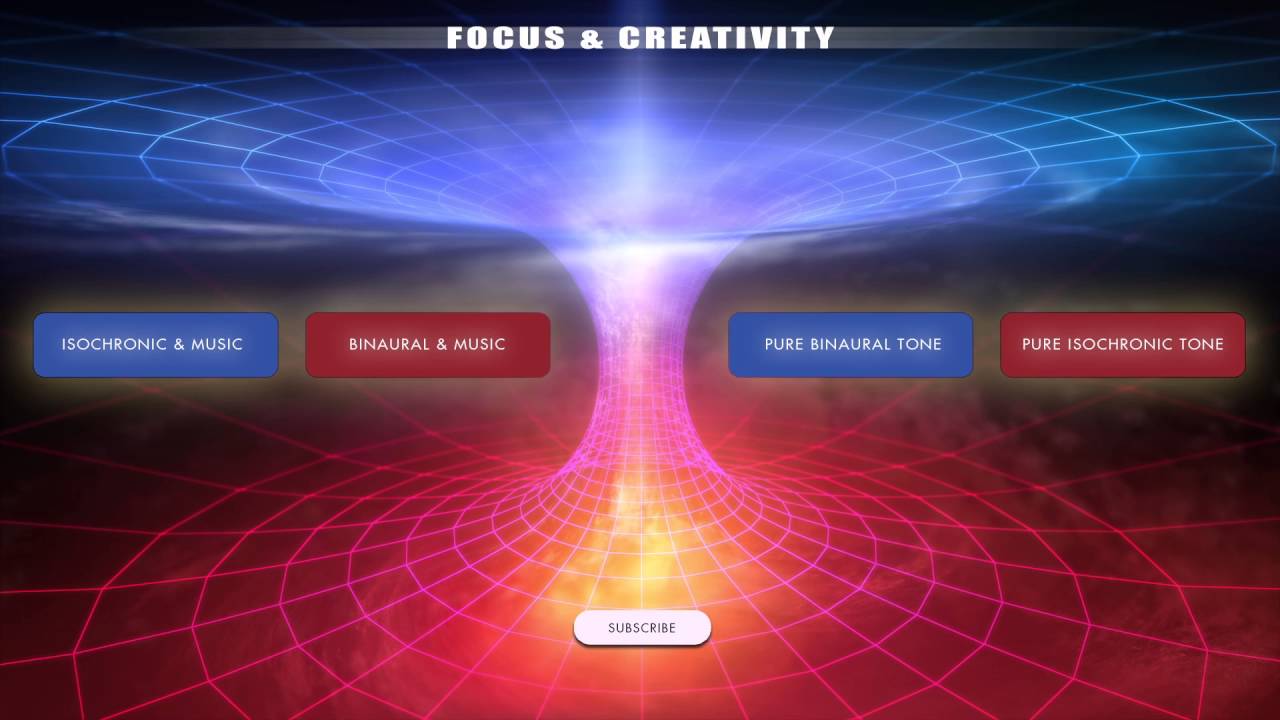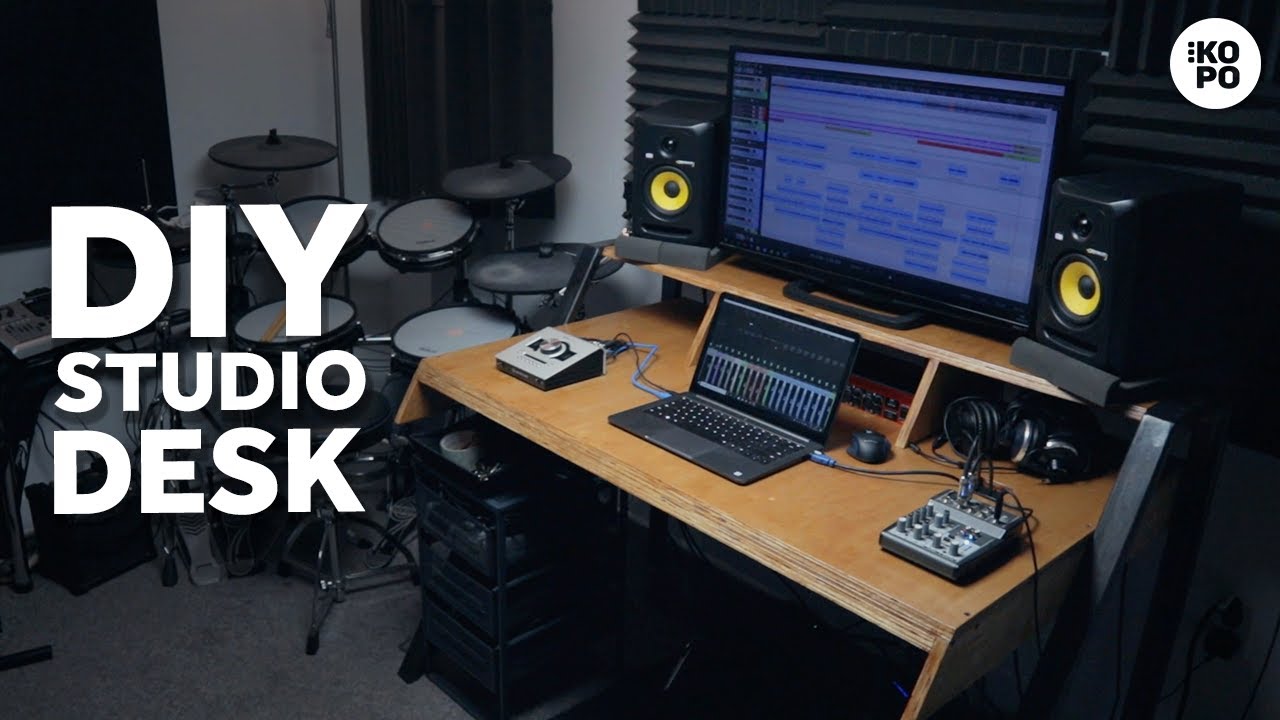How Music Improvisation Can Enhance Problem-Solving Skills and Creative Thinking

The Impact of Music Improvisation on Cognitive Skills
Engaging in musical improvisation serves as a multi-faceted approach to enhancing problem-solving skills and nurturing creative thinking. This practice goes beyond mere artistic expression; it is a cognitive workout that exercises various brain functions. By navigating the spontaneous demands of improvisation, individuals develop new strategies for approaching challenges that extend beyond the realm of music.
Boosts Brain Connectivity
Improvising music activates several regions of the brain, including those responsible for memory, emotion, and motor control. For example, a study conducted by neuroscientists at the University of California, Davis, using functional MRI technology, indicated that musicians experience heightened connectivity between these areas while improvising. This interconnectedness not only enhances musical skills but also improves general cognitive functions, making it easier to tackle complex problems in everyday environments.
Enhances Adaptability
Musicians who engage in improvisation are trained to think on their feet, almost akin to athletes adjusting their strategies mid-game. For instance, jazz musicians often need to adapt their playing style by listening closely to others in their ensemble. This adaptability is crucial in a work setting as well; individuals who can pivot and adjust to unexpected changes tend to navigate project hurdles more effectively, leading to increased success rates.
Promotes Collaboration
The collaborative nature of improvisational music builds essential teamwork and communication skills. In educational settings, for instance, children participating in group improvisation activities learn to value each other’s contributions and negotiate roles within the group dynamic. This experience translates seamlessly into professional environments, where effective collaboration can enhance productivity and innovation.
Real-World Applications
Research has increasingly revealed that the skills cultivated through musical improvisation can be effectively applied in various fields. Entrepreneurs, for example, often utilize improvisational techniques to adapt to market fluctuations. The ability to make quick, informed decisions amid uncertainty is a hallmark of successful business strategies. This approach fosters:
- Innovative Solutions: When approaching a problem with an open mind, individuals can conceptualize new strategies that would otherwise remain undiscovered.
- Heightened Focus: The demands of improvisation sharpen attention and create a heightened sense of awareness—qualities that are invaluable in high-stakes environments.
- Increased Confidence: The freedom to make artistic choices instills greater confidence, stemming from the validation that comes from the act of creation.
As you delve deeper into the intricate relationship between music and cognitive capabilities, you may uncover personal insights that influence both personal growth and professional endeavors. Embracing musical improvisation could be the key to unlocking untapped creative potential in your life.
DIVE DEEPER: Click here to discover the impact of music on creativity
Understanding the Cognitive Mechanisms Behind Music Improvisation
At its core, music improvisation taps into fundamental cognitive processes that are central to creativity and problem-solving. When musicians improvise, they engage in a dynamic interplay of thought, emotion, and physical action, mirroring the complexities of daily decision-making in various contexts. This section explores the cognitive mechanisms that underline the powerful effects of improvisation on enhancing mental agility.
Engaging the Brain’s Executive Functions
Improvisation requires musicians to draw upon their executive functions, which are critical for initiating and completing tasks. The brain’s prefrontal cortex—the area responsible for higher-order thinking—plays a vital role in evaluating options and making decisions in real time. A study published in the journal Neuropsychology highlighted that musicians who frequently improvise exhibit greater activity in their prefrontal cortex, enabling them to think critically and innovate solutions under pressure. This heightened brain activity translates into improved abilities in numerous settings, from academic environments to professional workplaces.
Fostering Intuition and Instincts
Improvisation is an art form that heavily relies on intuition. Musicians are often required to trust their instincts, allowing their subconscious mind to guide their performance. Such reliance on intuitive responses fosters creative thinking, as it encourages individuals to explore ideas and formulate solutions that may not initially seem logical or conventional. As highlighted in a report by the American Psychological Association, individuals who engage in artistic practices—such as music improvisation—often demonstrate enhanced intuitive skills, enabling them to identify patterns and relationships more swiftly in problem-solving scenarios.
Encouraging Experimentation and Risk-Taking
One of the core tenets of music improvisation is the willingness to take risks. Musicians must continuously experiment with different melodies, harmonies, and rhythms to create unique performances. This environment of experimentation cultivates a mindset that values exploration and innovation over fear of failure. According to research by the National Endowment for the Arts, engaging in activities that promote creative risk-taking fosters resilience and promotes a growth mindset. Here are some key benefits of this approach:
- Developing Original Ideas: The process of exploring different musical paths can lead to the generation of completely new concepts and solutions.
- Overcoming Failure: Musicians learn that mistakes are not endpoints but rather stepping stones towards greater creativity.
- Enhancing Learning: Experimentation fosters an understanding of cause and effect, as musicians analyze the outcomes of their choices within an improvisational context.
Through these mechanisms, music improvisation not only serves as an artistic outlet but also provides concrete cognitive benefits that enhance problem-solving and creative thinking skills. As we further explore the intersections of music and cognition, the implications of these findings can enable individuals to harness the power of improvisation in both personal and professional realms.
Unleashing Creativity Through Musical Freedom
Music improvisation is a powerful tool that can remarkably influence problem-solving skills and creative thinking. Engaging in improvisation allows individuals to think outside of conventional frameworks, enabling them to tackle challenges with fresh perspectives. This freedom of expression cultivates a unique mental space where conventional boundaries dissolve, leading to innovative solutions. Musicians are prompted to respond intuitively to evolving situations, teaching them to adapt and pivot—key components not just in music, but also in problem-solving environments.Furthermore, the dynamic nature of improvisation requires quick decision-making, sharpening cognitive agility. Musicians learn to assess scenarios rapidly, weighing alternatives in real-time, skills that are highly beneficial in a variety of professional and personal contexts. This ability to think quickly fosters a mindset where obstacles are seen as opportunities for creativity rather than insurmountable challenges.In educational settings, incorporating musical improvisation encourages collaborative learning. It introduces an element of play which can break down social barriers among students, promoting teamwork and communication. Such environments mirror real-world situations where creative collaboration is essential for successful problem resolution. This not only enhances listening skills but also increases emotional intelligence, as musicians must be attuned to each other’s cues and contributions.As we delve deeper into this fascinating intersection of music and cognitive development, let’s explore how specific activities and exercises in improvisation can further develop these essential skills. To provide a comprehensive overview, the following table summarizes the key advantages of music improvisation in enhancing creative thinking and problem-solving skills.
| Category | Key Features |
|---|---|
| Enhanced Creativity | Breaking conventional boundaries allows for unique solutions. |
| Cognitive Agility | Quick decision-making cultivates a proactive problem-solving approach. |
| Collaborative Learning | Promotes teamwork and communication within diverse groups. |
| Improved Emotional Intelligence | Developing awareness of non-verbal cues enhances interpersonal skills. |
In conclusion, engaging with music improvisation offers a myriad of benefits that extend far beyond the realm of artistry. By fostering an innovative mindset and honing vital skills, improvisation is not just an engaging artistic expression, but a profound catalyst for enhanced problem-solving and creative thinking. As we continue to explore this intersection, the implications for various fields are profoundly exciting.
DISCOVER MORE: Click here to delve into the artistry of landscape photography
Cultivating Collaboration and Communication Skills
While individual creativity is vital, the power of music improvisation extends to enhancing collaboration and communication skills. In ensemble settings, musicians must harmoniously interact with one another through spontaneous exchanges of melodies and rhythms. This unique interplay fosters vital social and cognitive abilities, transforming how individuals approach teamwork and problem-oriented discussions.
Active Listening and Responsiveness
During an improvisational performance, musicians engage in a high level of active listening. They must be attuned not only to their own playing but also to the contributions of others. This heightened sense of awareness enables musicians to respond creatively to their peers, fostering an environment where collaboration thrives. Research from the Stanford University Center for the Study of Language and Information indicates that active listening significantly enhances one’s ability to solve complex problems collaboratively. Individuals who practice music improvisation learn to decipher subtle cues and adapt their responses accordingly, which translates into more effective communication in both professional and personal settings.
Building Trust and Safety in Group Dynamics
A successful improvisation requires a foundation of trust among group members, fostering psychological safety where mistakes are welcomed rather than condemned. Musicians learn that vulnerability is essential for creative expression, where taking risks can lead to unexpected brilliance. According to a report by the American Psychological Association, fostering a safe space for idea generation leads to improved group problem-solving outcomes. In environments where individuals feel comfortable vocalizing their thoughts, organizations can harness a wider array of ideas and approaches fostering innovative solutions.
Translating Musical Skills to Real-World Scenarios
Notably, the skills acquired through music improvisation can be directly applied to various real-world scenarios. For instance, in a business setting, teams can benefit from successful brainstorming sessions, where improvisational techniques cultivate a culture of openness and creativity. Evidence from corporate training modules shows that organizations integrating creative practices, including music-based activities, report a surge in employee engagement and collaborative problem-solving. By encouraging their teams to embrace an improvisational mindset, companies can drive innovation and enhance productivity, leading to significant competitive advantages.
Enhancing Emotional Intelligence
Music improvisation is an emotionally charged endeavor, allowing musicians to express their feelings and connect with others on a deeper level. Engaging with emotions through music promotes the development of emotional intelligence, a crucial aspect of effective problem-solving and communication. Research from Harvard University indicates that individuals with high emotional intelligence are better equipped to navigate complex interpersonal dynamics, leading to more successful outcomes in conflict resolution and decision-making. As musicians become more attuned to their emotional responses during performances, they translate this sensitivity into understanding the emotional nuances of others. This attribute enriches the collaborative process, providing additional layers of creativity during brainstorming sessions.
As this exploration of music improvisation indicates, its multifaceted benefits extend far beyond the realm of artistry. By enhancing collaboration, communication, and emotional understanding, music improvisation emerges as an overlooked tool in developing robust problem-solving skills and boosting creative thinking among diverse groups.
DIVE DEEPER: Click here to discover the art of molecular gastronomy
Conclusion
In an ever-evolving world where adaptability and creativity are paramount, the practice of music improvisation has emerged as a powerful vehicle for enhancing problem-solving skills and fostering innovative thinking. The art of improvisation transcends mere musicality, serving as a practical framework for developing critical interpersonal skills, such as collaboration, communication, and emotional intelligence.
As we have explored, engaging in improvisational music not only sharpens active listening skills but also encourages flexibility in thought and response, vital elements in today’s dynamic work environments. The trusted environment cultivated within musical ensembles allows for the kind of risk-taking that sparks creativity, leading to fruitful idea generation and enhanced group dynamics. Moreover, the emotional connection forged through spontaneous musical exchanges fosters deeper understanding among team members, fostering a culture of trust and openness essential for effective problem solving.
Organizations that incorporate music improvisation into their culture report improved team collaboration and heightened engagement, affirming that creative practices can lead to better outcomes. As the complexities of modern challenges demand innovative solutions, exploring the intersection of music improvisation and various fields—be it business, education, or therapy—offers significant opportunities for growth and success.
In conclusion, embracing the principles of improvisation can empower individuals and teams alike to navigate challenges with greater confidence, creativity, and skill. Whether a seasoned musician or a curious beginner, the benefits of music improvisation are within reach, creating pathways for both personal and professional development.


